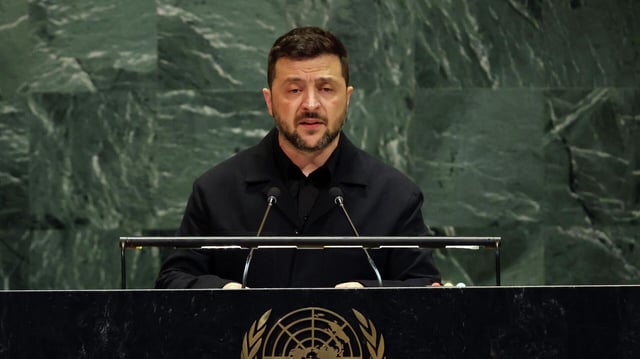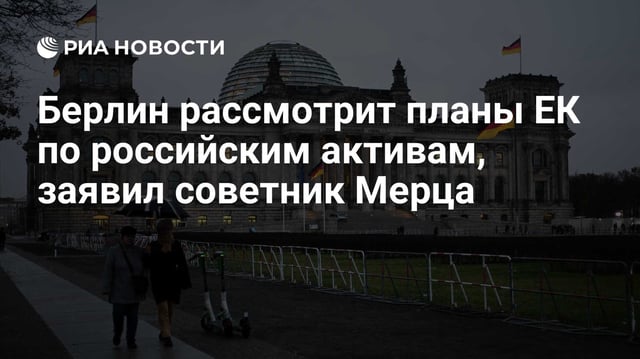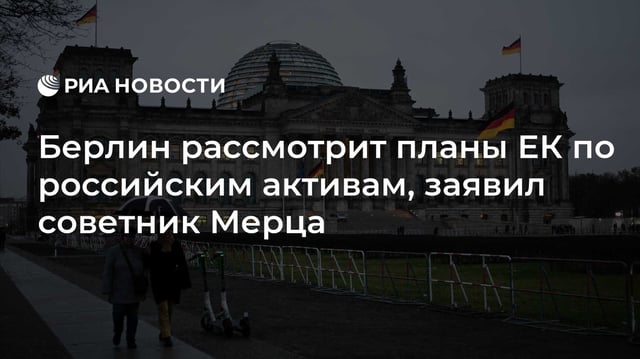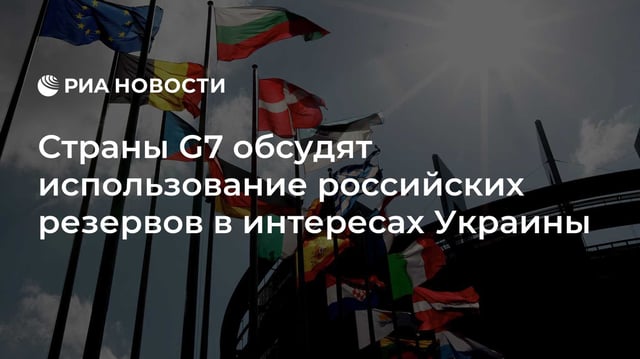Overview
- Chancellor Friedrich Merz’s adviser Michael Klaus told Politico that Germany is open to legally robust options for deploying frozen Russian assets and is pressing other EU capitals ahead of an informal leaders’ meeting in Copenhagen on October 1.
- Three officials cited by Politico said Berlin prefers channeling any reparational credit toward military support for Ukraine rather than reconstruction.
- EU officials have floated new structures, including Valdis Dombrovskis’s plan for 2026 “loans on damage compensation” and Ursula von der Leyen’s reparational credit under which Ukraine would repay only after Russia pays reparations.
- G7 finance ministers will discuss the use of Russian reserves on October 1, and Corriere della Sera reports a draft mechanism involving zero-yield eurobonds swapped against liquid reserves held at Euroclear, with potential tranches of €25–30 billion.
- Roughly €300 billion in Russian reserves are frozen, including about €229 billion at Euroclear, the EU says it has already sent €9 billion in income to Ukraine since January, and Moscow has condemned the moves and restricted Western funds in special “C” accounts.



